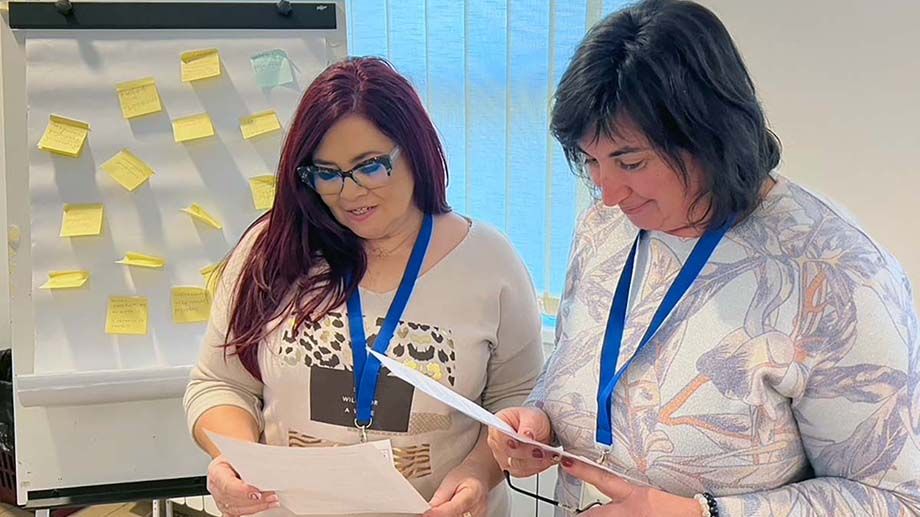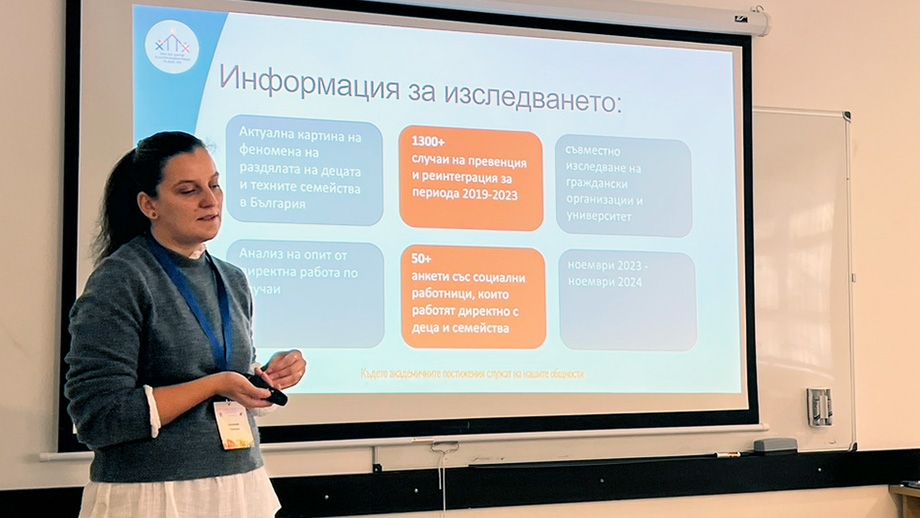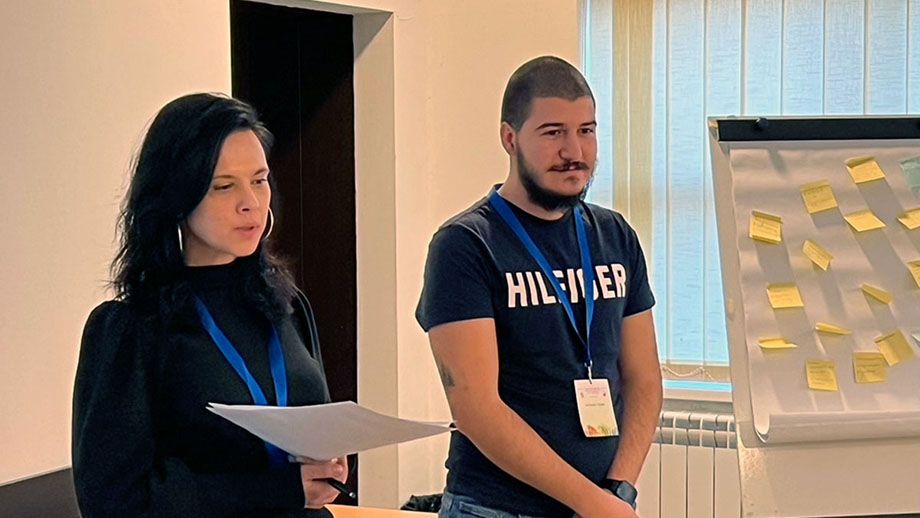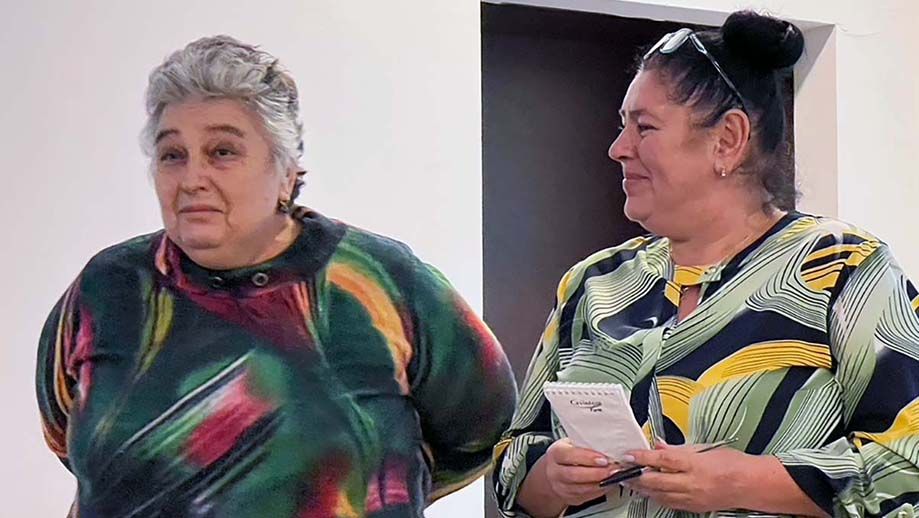
Recent data on the factors for the separation of children from their families were presented to foster parents and social workers during the annual meeting of the National Foster Care Association, which was held in Sofia between 25th and 27th November 2024. Evgenia Toneva, researcher at the Know-How Center for Alternative Care for Children (KHC), shared preliminary data from a study conducted jointly by members of the Childhood 2025 Coalition – For Our Children Foundation, Hope and Homes for Children – Bulgaria, International Social Service – Bulgaria, SOS Children's Villages Bulgaria, Equilibrium, Tulip Foundation and KHC.

The study analyses about 1300 cases of prevention and reintegration after the COVID-19 crisis and reveals the main factors leading to the placement of children in alternative care in Bulgaria. According to preliminary data, these are:
Most of the cases are related to unexpected crises such as loss of housing, health problems or family conflicts, and the placements were made urgently, without prior assessment and preparation. Often there is a lack of support from relatives or institutions, which exacerbates the problems. Predominantly, children who end up in alternative care are not newborns or abandoned at birth, but older children who were in families but separated due to crisis situations. Decisions to remove children from families are usually made by Child Protection Departments but sometimes, although rarely, parents seek help themselves.

In order to better understand the experience of separation a role-play in the form of a mock court hearing was conducted, based on a purposely prepared case with typical characteristics from practice. Participants took on the roles of mother, child, social workers, human rights defenders and jurors.
The questions around which the discussion evolved were what triggered the crisis in the family, how it evolved over time, how to assess the real risk, how having a child hearing would affect the court decision and case work, how temporarily placing the child in foster care 80 km from home would affect the child's relationship with the mother, are there appropriate and commonly available services to address the mother's mental health issue, etc.

The discussion, through which the participants related to their experiences, became very animated and unleashed many emotions, while at the same time sparking reflections on the experiences of separation by the children and their parents.
The need to develop mental health support for parents in crisis was also discussed at a recent meeting between KHC and Eurochild, details of which are available here.